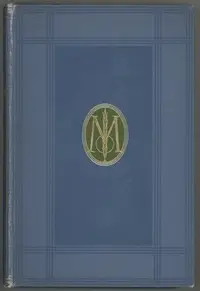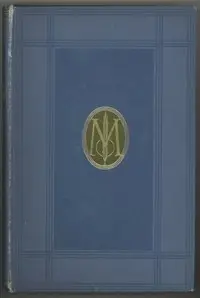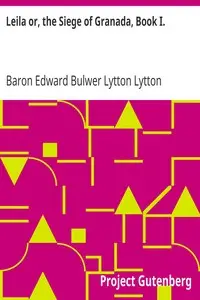"Vittoria — Volume 7" by George Meredith is a historical fiction piece that plunges into a fierce war during the mid-1800s, amidst Italy's fight for freedom. It centers on a brave woman named Vittoria, who is fully committed to releasing Italy from Austria, and brings up important ideas like love, the pain of being betrayed, and the great effort to be free. Set against a backdrop of battles, the story highlights Vittoria's strong reactions and her relationships with figures like Count Karl Lenkenstein and Pericles. She struggles between what she is loyal to, her affections, and the difficult facts about war. The book involves some people who have different goals and backgrounds, all connected to Vittoria’s quest, which brings to light the important journey for Italy’s independence.

Vittoria — Volume 7
By George Meredith
In a war-torn country, a courageous woman finds herself stuck between love, loyalty, and the intense fight for independence.
Summary
About the AuthorGeorge Meredith was an English novelist and poet of the Victorian era. At first, his focus was poetry, influenced by John Keats among others, but Meredith gradually established a reputation as a novelist. The Ordeal of Richard Feverel (1859) briefly scandalised Victorian literary circles. Of his later novels, the most enduring is The Egoist (1879), though in his lifetime his greatest success was Diana of the Crossways (1885). His novels were innovative in their attention to characters' psychology, and also portrayed social change. His style, in both poetry and prose, was noted for its syntactic complexity; Oscar Wilde likened it to "chaos illumined by brilliant flashes of lightning". Meredith was an encourager of other novelists, as well as an influence on them; among those to benefit were Robert Louis Stevenson and George Gissing. Meredith was nominated for the Nobel Prize in Literature seven times.
George Meredith was an English novelist and poet of the Victorian era. At first, his focus was poetry, influenced by John Keats among others, but Meredith gradually established a reputation as a novelist. The Ordeal of Richard Feverel (1859) briefly scandalised Victorian literary circles. Of his later novels, the most enduring is The Egoist (1879), though in his lifetime his greatest success was Diana of the Crossways (1885). His novels were innovative in their attention to characters' psychology, and also portrayed social change. His style, in both poetry and prose, was noted for its syntactic complexity; Oscar Wilde likened it to "chaos illumined by brilliant flashes of lightning". Meredith was an encourager of other novelists, as well as an influence on them; among those to benefit were Robert Louis Stevenson and George Gissing. Meredith was nominated for the Nobel Prize in Literature seven times.



















